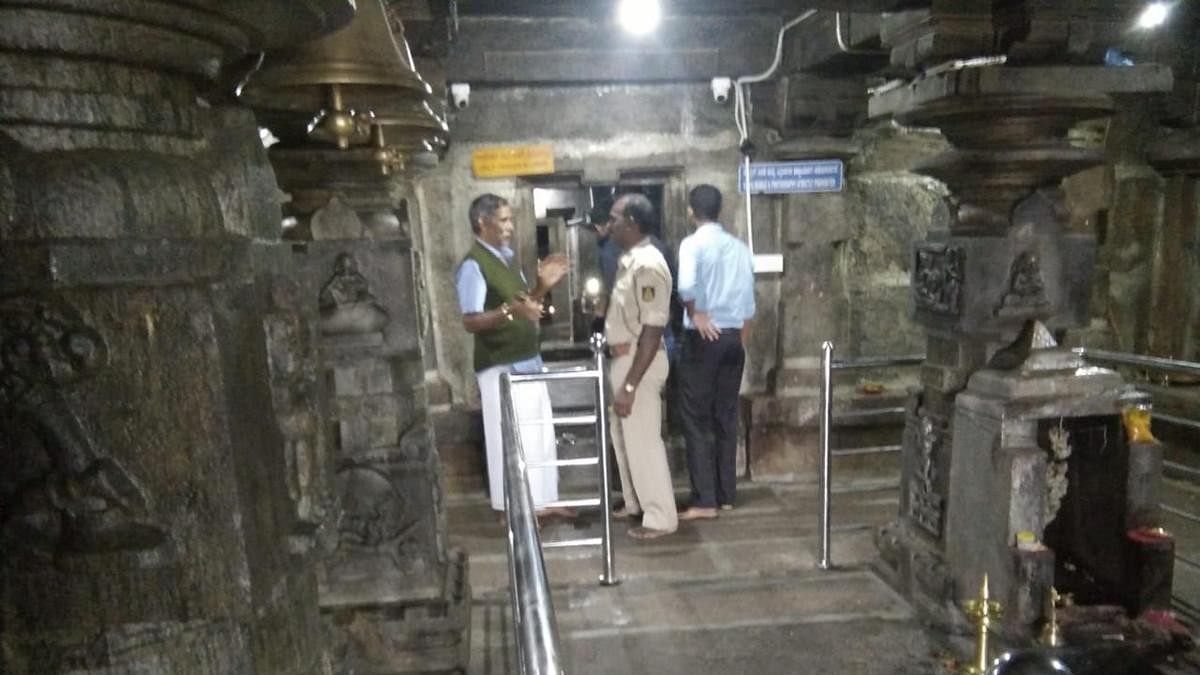
DH Photo
Article 17 of the Indian Constitution unequivocally states, “Untouchability is abolished and its practice in any form is forbidden.” It further declares that any disability arising from untouchability is an offence punishable under law. Yet, despite this strong legal framework, untouchability remains deeply entrenched in Indian society.
The practice continues to poison relationships and restrict the social mobility of SC/ST and backward classes, even in states like Karnataka that are perceived as relatively progressive. A recent incident in Hanakere village of Mandya district serves as a stark reminder of the persistence of caste-based discrimination. On November 9, a group of Dalits, with the help of local government authorities, entered the previously restricted Kalabhairaveshwara Swamy Temple, prompting a swift reprisal from the upper castes. They objected to the Dalits’ presence, and in an overt act of caste assertion, moved the idol to another temple.
This incident is a clear demonstration of how caste hegemony continues to dictate social dynamics, even in the most sacred of spaces. As Karnataka Home Minister G Parameshwara, himself a Dalit, poignantly put it, “Everyone should get an opportunity to worship at a temple, because God is the same for all.” The Hanakere incident is not an isolated one. Across the country, atrocities against Dalits are being reported with disturbing frequency. Whether it is denial of entry into temples, the physical assault of Dalits for walking on roads reserved for upper castes, or the refusal of services at eateries, the oppression of Dalits is a systemic issue that refuses to be eradicated.
While the abolition of untouchability was enshrined in the Constitution over seven decades ago, caste-based discrimination remains one of India’s most shameful contradictions. It is vital that Dalits and other marginalised groups are empowered to not only assert their rights, but also to know that the law firmly stands on their side.
The government cannot control caste-based discrimination through enforcement alone. While it is imperative that those who break the law face appropriate punishment, there must also be a concerted effort to educate the society at large. This includes engaging with schools, universities, community centres and panchayats to promote the values of equality, justice and respect for all individuals, regardless of caste.
There is a need to educate the public about the Constitutional rights of Dalits and to combat ingrained prejudices through sustained social reform. This is a cause that requires government action and societal participation. Karnataka can become a beacon of equality and justice for all when caste no longer divides, discriminates, or diminishes the dignity of any individual.